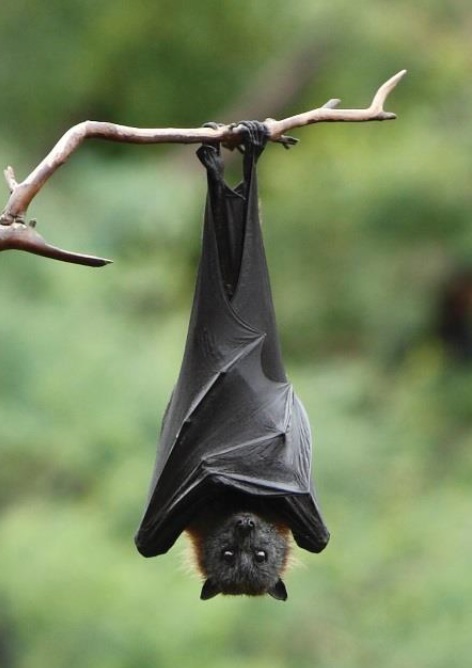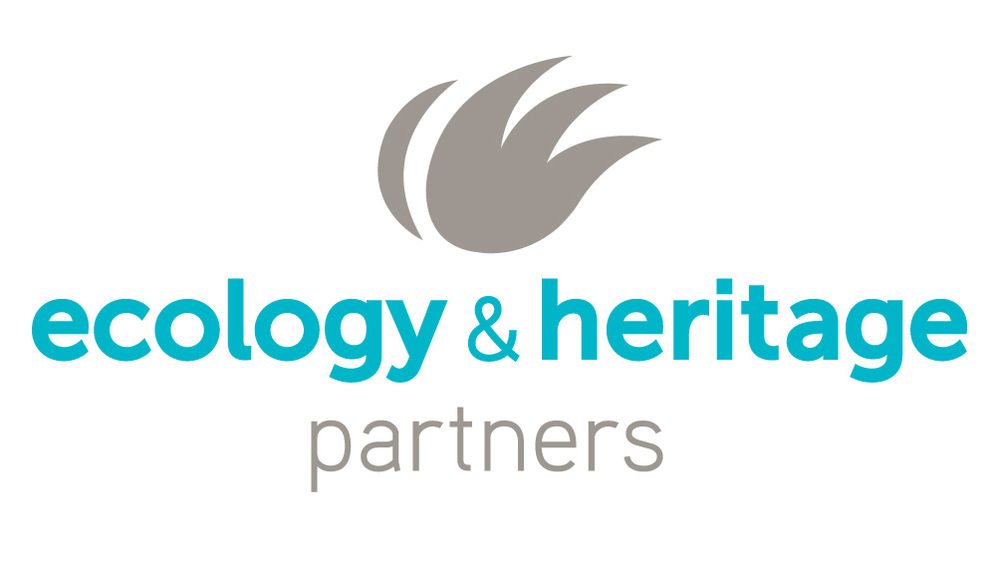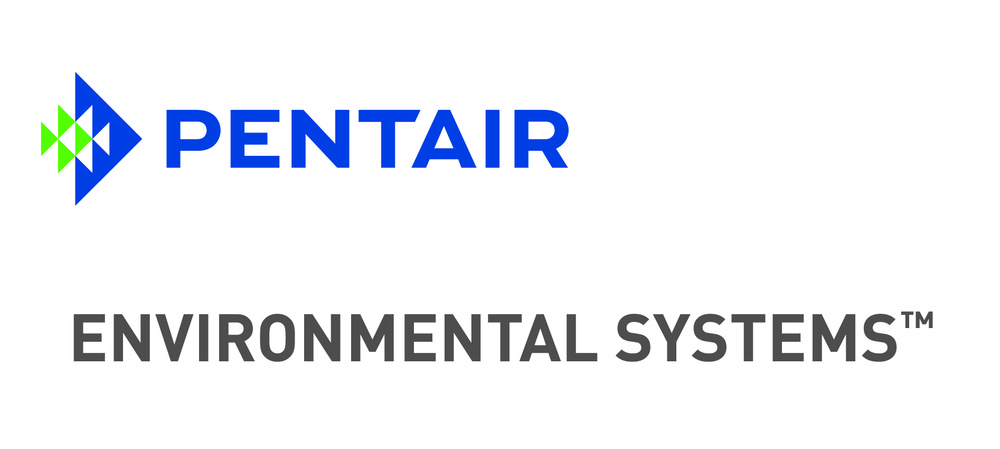-
Member Login
- Home
- About
- Institute Groups
- Membership
- Events
- News & Publications
- Institute Programs
- Resources
- Jobs Board
- Contact Us
- Site Info
National Flying-fox Forum

Flying-foxes, bats, fruit bats, megabats, whatever they are called they are one of the most recognisable species in Australia. They are a common sight in many regional and urban areas at dusk as they leave their camps along waterways or dense vegetation to forage up to 50 kilometres away in their search for food. They are pollinators of a variety of native plants and a dispersal agent of seeds.
Flying-foxes are gregarious animals that can disrupt people sleeping and camps produce strong odours, which make adjacent living difficult. They are also protected species, including some that are threatened, and management of camps requires approaches that are ethical, humane and will not negatively impact on each population.
Areas of concern about flying-fox camps that will be addressed in this forum:
- Public perception – Flying-foxes are seen to some as pests akin to cane toads and rats;
- Residents have been told that dispersal is the only option to manage flying-foxes and that the problem will go away;
- Ethical considerations about dispersing camps and impacts on individuals and social order;
- Lack of a national approach to management of camps and placing the burden of management on local governments.
Site Tour – 6 September 2016
Flying-fox camp Site Tour.
Spend the afternoon with us visiting flying-fox camps within South East Queensland.
Stop 1 Emerald Woods (Mooloolaba) - Sunshine Coast Regional Council have developed a Regional Flying-fox Management Plan, which has Council, State and Federal Government approval as a Conservation Agreement. This long-term plan details how council will manage urban flying-fox roosts into the future. At Emerald Woods, SCRC has completed Stage 1 of works including a 10 metre buffer from nearby residential properties. A 30 metre vegetation buffer was created behind the primary impacted property and a trial of canopy mounted sprinklers in this area is currently being undertaken.
Stop 2 Redcliffe Botanic Gardens (Redcliffe) - In the heart of Redcliffe lies this unexpected lush green oasis, part Moreton Bay rainforest and part wallum (banksia) heathland, with picnic tables and a tangle of walking paths through its midst. The star attraction here is the extraordinary bat colony which noisily inhabits the rainforest – at any one time over 1000 mostly black flying foxes eat, screech and flap their way around the treetops by day and night. Moreton Bay Regional Council will be discussing their heat stress response plan and their monitoring program.
This tour will leave from the Brisbane Sofitel, 249 Turbot Street, Brisbane at 12.30m sharp and will return to the same location at 5pm. Join us afterwards at the Central Hotel for an informal gathering to discuss the days event.
Our bus will be supplied by Kangaroo Bus Lines. Their 37 seat belted bus has been locally manufactured by Denning Manufacturing Australia. Built in 2011, the vehicle has a Euro 5 Compliant (EGR) engine. The use of AdBlue reduces emissions.
Forum – 7 September 2016 - Threatened Species Day
This forum will explore the various management regimes in operation in primarily Queensland and New South Wales with the aim of producing a national strategy for management of flying-fox camps.
This forum explores:
- The effectiveness of dispersal programs based on the speakers' experiences.
- Presentation of data to support alternative measures.
- Factors that affect the effectiveness and success rate of camp management measures.
Speakers include:
- John Martin – Wildlife Ecologist, Sydney Botanical Gardens
- Dave Westcott - CSIRO
- Mike Roache – Office of Environment and Heritage (NSW)
- Peggy Eby – Adjunct Senior Lecturer, University of NSW
The day will be structured as follows.
- Session 1 – Keynotes
- Session 2 – Keynotes and Panel discussion
- Session 3 – Lunch and Poster Session
- Session 4 – Speed Talks
- Session 5 – Workshop
- Drinks and canapes
The Forum will be held at the EcoCentre at Griffith University. For directions, click here. For information on car parking, click here. Please note that parking is $6 per day and can only be paid with cash.
To register, follow the online registration below
Proudly supported by our corporate partners
 |
And our event partners
|
Cancellation Policy
Full refunds will be given for any cancellations made one week prior to the forum. Cancellations made less than one week but more than 24 hours prior to the forum will attract a 50% penalty. Cancellations made less than 24 hours prior to forum will attract the full 100% attendance fee. Delegates unable to attend are welcome to send an alternative delegate.
Event details
When: 6 Sep - 7 Sep 2016
Where:
Ecocentre | Griffith University
University Road, Nathan
Cost: Forum: $150 Members, $195 Non Members, $60 Concession. Site Visit - $75 Members/ Concession, $99 non members
Registrations Open: 20th June 16 12:00 AM
Registrations Close: 7th September 16 11:59 PM
Places Available: 5
Contact: Danielle Bolton, SEQ Secretariat at seq@eianz.org, 07 5429 8480.
Register now and secure your attendance
- Event date has passed
- Registrations are closed
Resources
We acknowledge and value the rights and interests of Indigenous Peoples in the protection and management of environmental values through their involvement in decisions and processes, and the application of traditional Indigenous knowledge.





 EcoCentre-parking-map.pdf
EcoCentre-parking-map.pdf